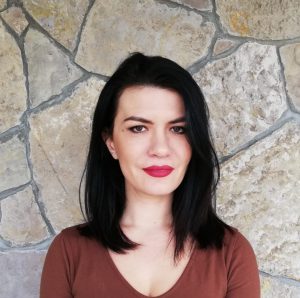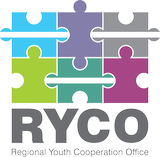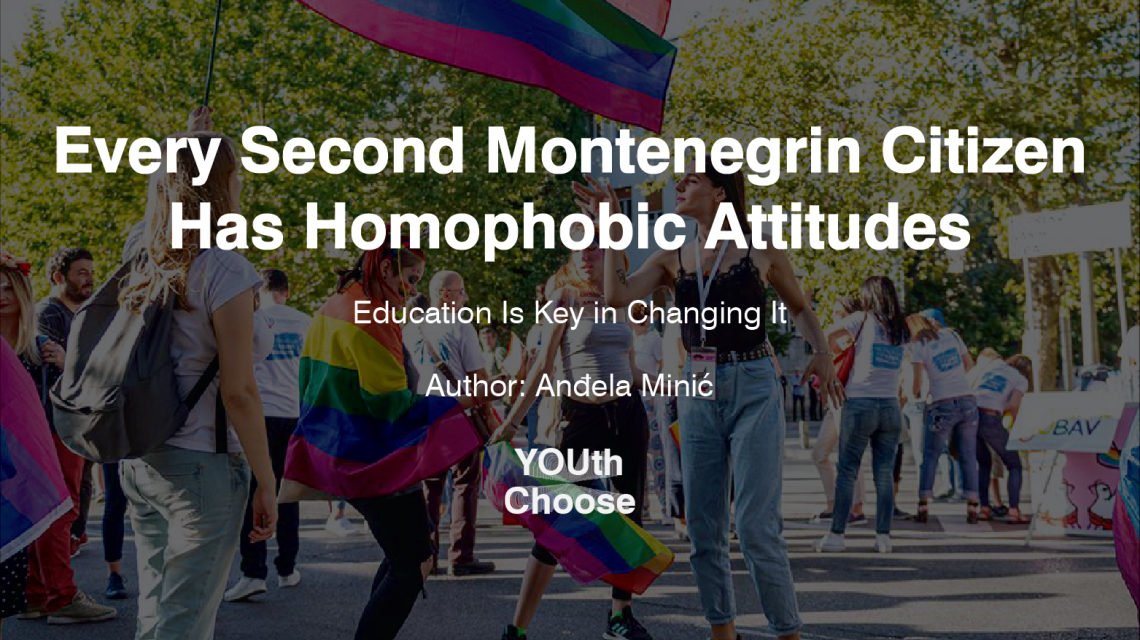Although in the last decade the policy in Montenegro has made progress in regulating the rights of the LGBTIQ community, with the adoption of the Law on Prohibition of Discrimination (2011), the Strategy for Improving the Quality of Life of LGBTIQ Persons (2013) and the Law on Life Partnership (2020), society does not keep pace with this progress nor does it perceive members of the LGBTQ community as equal members of the society.
This is shown by the research of the Center for Democracy and Human Rights (CEDEM) “Patterns and level of discrimination in Montenegro in 2020”, which showed that every other citizen expresses homophobic attitudes.
The president of the NGO Forum Progres, Ms Bojana Jokić, said that the legislation and focusing on the problems of the LGBTIQ community is a step forward, but that the social acceptance of the community, which is more important, is still at a very low level.

“Policy, legislation and strategies often represent only one layer of the complex and overall picture of the LGBTIQ law. The second, and in my opinion more significant aspect is the social acceptance of the community, which is still at a low level. Social acceptance is at the heart of the work and efforts of the LGBTIQ movement, as it is the only aspect that the community essentially feels is a positive change. Finally, we must emphasize what can be characterized as a frequent example of legislation in Montenegro, and that is that the adopted laws, especially the newly adopted ones, often remain in the domain of abstraction, that is, “a dead letter on paper,” explains Ms Jokić.
The adoption of the Law on Life Partnership for Persons of the Same Sex, eight years after the first initiative aimed at resolving this issue, met with enthusiasm among members of the LGBTIQ community and the non-governmental sector. They agree that this is a historic step towards equality in the society, but that the law, which enters into force only in six months, must be consistently applied in practice. However, the CEDEM survey showed that 53 percent of citizens oppose this, and 61 percent are against the right of LGBT couples to adopt children.
The data obtained are shocking, according to which every fifth citizen believes that LGBTIQ people are no better than criminals and that they should be severely punished, and a third of citizens do not want to live in the same place with this community.
Ms Jokić says that the obtained data are a realistic reflection of social attitudes about the LGBTIQ community as well as experiences, obstacles and circumstances in which this social community lives and functions on a daily basis.
“Data, no matter how negative they may seem, are necessary in order to assess the real picture and the situation, and to plan the initiatives, activities and actions of the LGBTIQ movement accordingly. Public research is also an opportunity to measure the success of activities carried out so far, and to assess and review their purposefulness and ability to truly improve the quality of life of the LGBTIQ community. The mentioned research is a confirmation of my previous statement that the improvement of the rights of LGBTIQ persons must be viewed from different perspectives, and that the improvement of legislation does not have to be directly related to social acceptance. That everything is not negative is also shown by the fact that research done a few years ago measured a significantly higher degree of social distance towards the LGBTIQ community, exceeding the percentage of 70 percent of predominantly negative public attitudes,” she explains, adding that the data should not be ignored because it can serve as an occasion for the civil sector and the authorities to create policies and initiatives based on the real needs of the LGBTIQ community.
It is evident that there must be a strategy for changing social attitudes, and reduced social distance and animosity towards members of the LGBTIQ community.
Ms Jokić believes that one of the key steps in this process is the inclusion of LGBTIQ issues in the formal education system. “In this way, we achieve key goals on two fronts. The first goal is to act proactively in the development of a factual understanding of the LGBTIQ community, rights and issues among future generations, while the second is to focus and break down prejudices about the community itself. In addition to education, the key role in changing social attitudes is certainly played by the exposure of the general population to members of the LGBTIQ community. The personal and experience of the organization I represent shows that when a person who cultivates homo / bi / transphobic attitudes is exposed to the community itself, in a huge number of cases, all prejudices eventually fall into the water and attitudes change for the better. In this context, I appreciate the important process of strengthening the LGBTIQ community, to work on their examples, in their environments individually to change attitudes. This process may be slower and more arduous, but observing the process of acceptance in the long run, it certainly produces the best results,” said Ms Jokić.
Attacks on members of the LGBTIQ community in Montenegro are not new, but it should be noted that not all cases have been reported to the police, most often for fear that the victim will be rejected by the family and society. The last reported attack was a case of brutal beating of a transgender person, just a few days after he spoke publicly about his sexuality and transformation.
Ms Jokić adds that the public’s focus on such cases can have a negative or discouraging effect on potential members of the LGBTIQ community in the context of their public engagement and declaration, but that in this case the efficient reaction of the police is encouraging and they identified the perpetrators as soon as possible.
It is inevitable that members of this community are in a discriminatory position in Montenegro and that there is a long way to their equality with other members of society. The aforementioned survey showed that as many as 46 percent of citizens would not want a member of the LGBTIQ community to be their co-worker or superior.
That is why the support of society, family and friends is extremely important, not only for the general quality of life of the LGBTIQ community, but also for the development and maintenance of the mental health of a community that has been marginalized, rejected and discriminated against.
Ms Jokić explains that the lack of support in practice means homelessness, increased risk of suicide, material instability, deterioration of mental health and other elements that additionally put the community in an unequal position and starting position in relation to most other citizens.
“Precisely for the above-mentioned reasons, it is necessary to put special emphasis on the sustainability of mediation services aimed at reintegration and acceptance of rejected members of the LGBTIQ community, because in this way LGBTIQ people are empowered, family support is normalized, which results in raising the capacity of LGBTIQ community. In their environments, or through personal activism, they publicly advocate for the improvement of their position in society,” concluded Ms Jokić.
Author: Anđela Minić
This story was produced during the three-month Program for Students of Journalism in the Western Balkans within the framework of the advocacy project “A Better Region Starts with Youth” implemented by RYCO with the support of the Federal Republic of Germany. All journalists’ work is their own and the content of any given article does not represent the opinion of RYCO, and RYCO cannot guarantee the validity and the accuracy of the information that these stories contain.
Cover photo: Sedmi Montenegro Pride, Podgorica 2019, PR Centar



